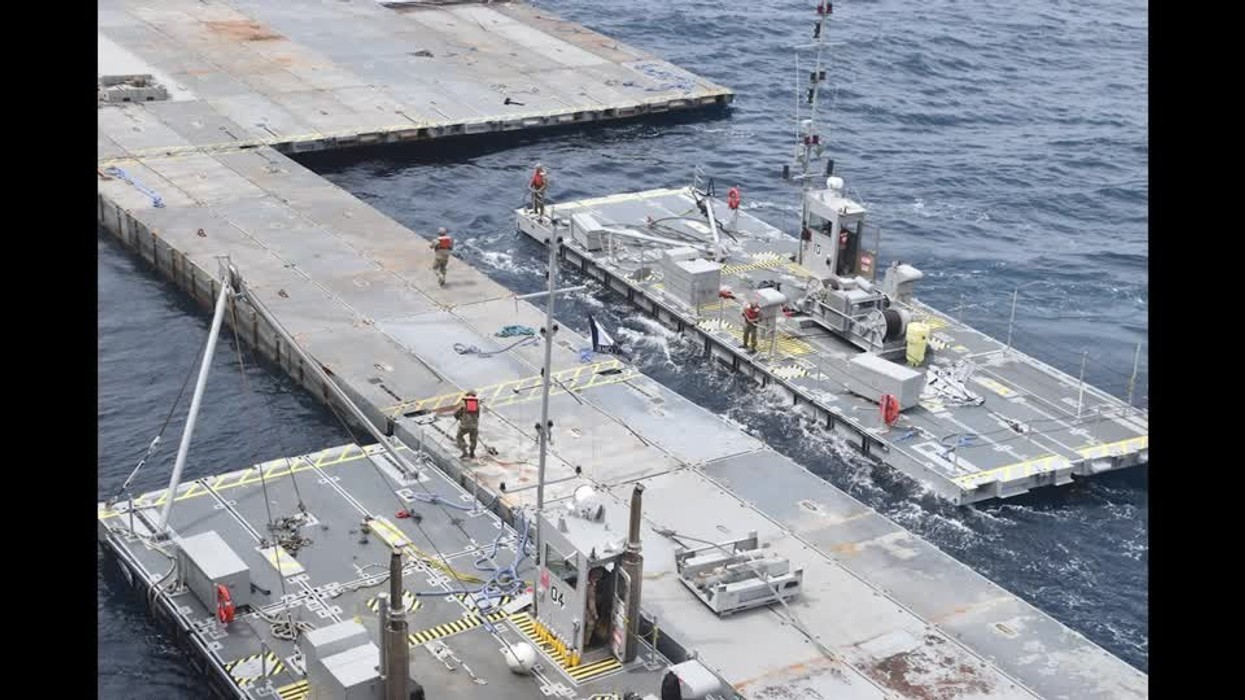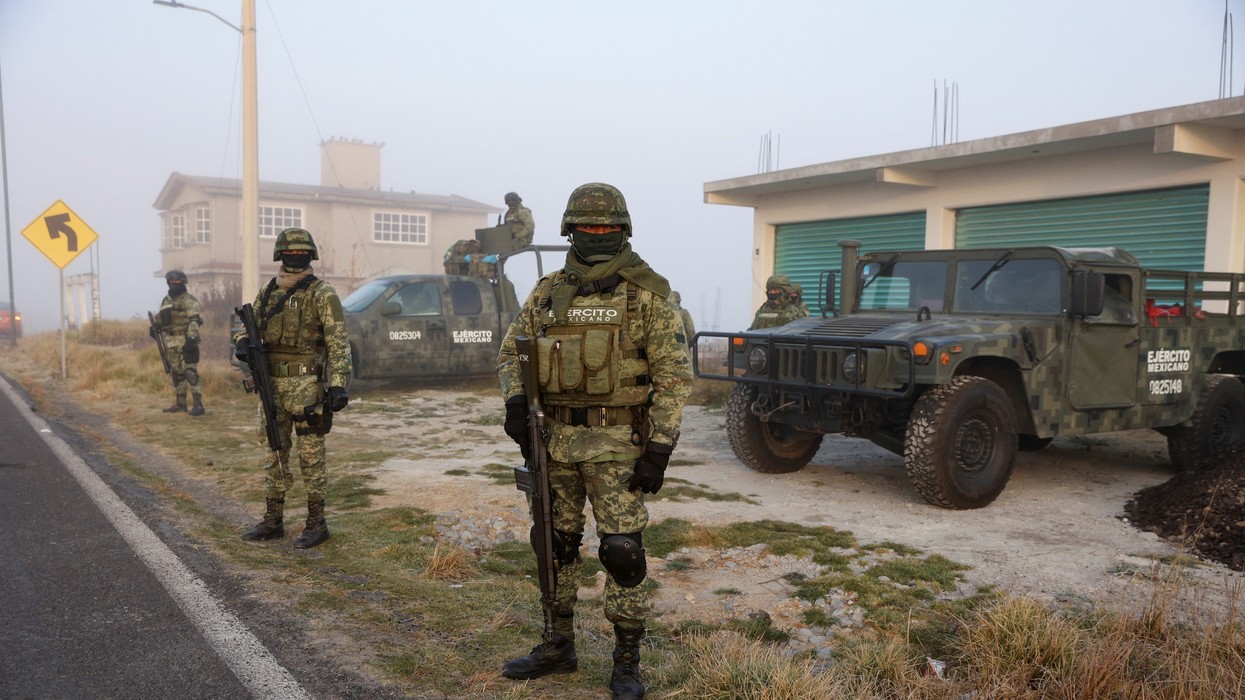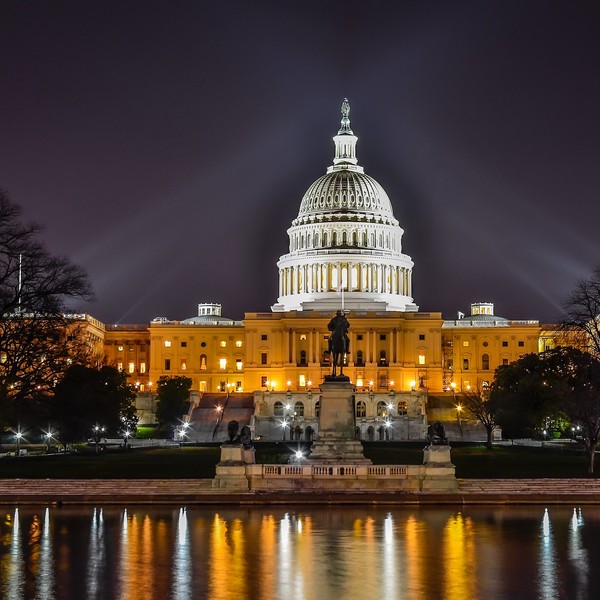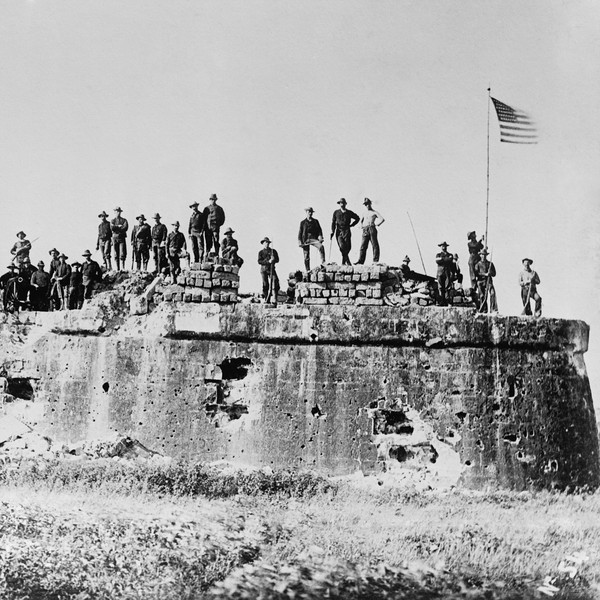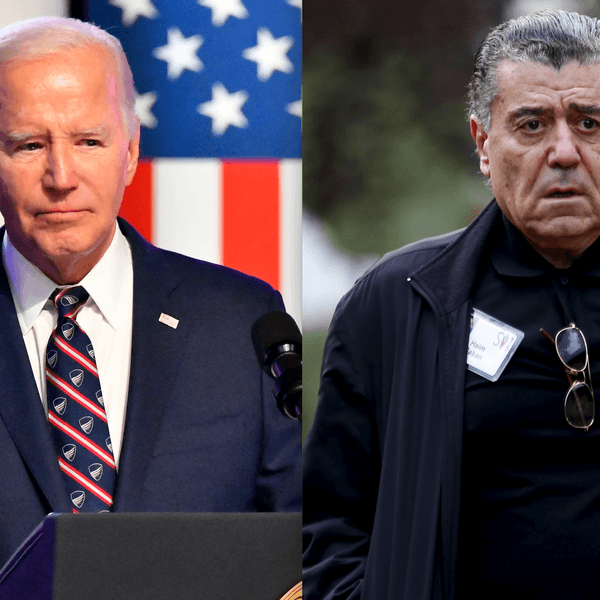The incoming Biden administration should respond with decisiveness and clarity to reject a series of new policies Secretary of State Mike Pompeo announced on Saturday affecting U.S. relations with Taiwan. These include: remarks that Taiwan “has not been a part of China,” an unprecedented decision to send U.S. Ambassador to the United Nations Kelly Craft to Taiwan, and the apparent nullification of all existing State Department protocols that prohibit certain types and levels of U.S. official and military contacts with Taiwan that suggest movement toward the diplomatic recognition of Taiwan.
These entirely unprecedented actions, when combined with numerous other statements by Vice President Mike Pence focused on delegitimizing the government of the People’s Republic of China, exhibit a clear pattern of behavior by the Trump administration to eviscerate the U.S. One China Policy and add considerable momentum to movement by the United States towards recognizing The Republic of China on Taiwan as an independent sovereign nation, either officially, or in de facto terms.
More immediately, these eleventh hour actions by the Trump administration, in the larger context of increased overall U.S. hostility toward the People’s Republic of China, are clearly intended to limit the options of the incoming Biden administration in dealing with Taiwan and China, thereby creating the conditions for a Cold War-style confrontation with Beijing that will prove difficult to reverse without expending considerable political capital.
Such actions are dangerous and reckless because they threaten to destroy the foundation of normalized relations with the People’s Republic of China, thereby greatly increasing the chances of conflict with Beijing. This is the case because, at the time of U.S.-China normalization in the 1970s, Beijing agreed to pursue peaceful negotiations with Taiwan toward an eventual settlement of the island’s status as a top priority, in return for an American commitment not to challenge the Chinese position that Taiwan is a part of China.
While stating that Taiwan’s final legal status remains undetermined, Washington nonetheless signaled clearly at the time of normalization that it would pursue only limited, unofficial ties with Taiwan and affirmed that there could be only one legitimate government for China. Pompeo’s actions thus directly undermine, if not destroy, this American commitment, thereby giving Beijing permission to renege on its own commitment to pursuing a peaceful resolution of the issue as a top priority.
The Chinese have shown, in recent statements, that they view the stakes involved in Pompeo’s actions in these terms. For the Chinese government, and many Chinese, preventing the permanent separation of Taiwan from mainland China is a vital interest and ultimately a war or peace issue. No one should be unclear about this.
Some might argue that Beijing has already reneged on its side of the above-described understanding by strengthening its military and undertaking provocative actions toward Taiwan that presage a military attack. In reality, while China’s military has certainly grown greatly (from a very low base) since the normalization of U.S.-China relations, Beijing views its specific military deployments regarding Taiwan as deterrence signals against an outright move toward Taiwan independence with U.S. backing.
Many of these deployments are designed to reduce the U.S. capacity to intervene decisively in a Taiwan conflict, thus presumably increasing hesitancy in both Washington and Taipei to attempt to permanently separate the island from the mainland. These weapons systems could conceivably be used to attack Taiwan, but nothing Chinese leaders have said thus far indicates that they reject their long-standing stress on peace and development as the major conditions of the times, and their preference for a peaceful solution to the Taiwan issue.
The Chinese have still failed to produce or deploy some weapons systems that would be needed to invade Taiwan. That said, Pompeo’s recent actions could prompt a very strong Chinese action in the near term that could precipitate a serious crisis that fundamentally alters the Chinese calculus and Chinese behavior.
President-elect Biden has stated that he supports the U.S. One China policy, along with the Three Communiques with Beijing and the Taiwan Relations Act. This suggests that he recognizes the stakes involved in maintaining the original understanding regarding Taiwan reached with Beijing at the time of normalization, along with the TRA-based U.S. commitment to provide defensive military equipment to Taiwan.
It also suggests that he endorses the subsequent protocols enacted to limit U.S.-Taiwan relations. (Although some of these protocols have been modified or lifted at times since normalization for practical reasons, such actions have been limited and undertaken quietly so as not to precipitate a harsh Chinese reaction.) However, given Pompeo’s actions, a mere reiteration of this stance is insufficient to reduce the dangers now confronting the United States regarding the Taiwan issue.
The Biden administration should not only unequivocally reassert its commitment to the foundational understanding of U.S-China relations, but also explain clearly why this understanding, and subsequent U.S. policies designed to uphold it, remain essential to the preservation of peace and stability in Asia and beyond.
Indeed, President Xi Jinping’s apparent impatience regarding the Taiwan issue can be kept at bay indefinitely by a firm and credible continuance and explanation of the value of the U.S. One China policy. Beyond all this, President-elect Biden should also clearly indicate that he recognizes that America’s allies and friends, in Asia and beyond, do not endorse the Trump administration’s recent moves on Taiwan.
Indeed, they are probably alarmed by them. These nations want stability in the U.S.-China-Taiwan relationship, not efforts to push the envelope to extremes. Finally, Biden should indicate that he is disappointed with the unqualifiedly positive response to Pompeo’s recent actions of the government of Republic of China on Taiwan. That response simply deepens Beijing’s suspicion that Taipei is moving toward formal independence with U.S. backing.
None of the above should preclude the new U.S. administration from pursuing more effective efforts in specific areas to deter or push back against perceived Chinese challenges or threats to U.S. interests, or continued support for Taiwan. But the Biden administration must be clear that these necessary countermeasures do not include an upending of the very basis for workable and peaceful Sino-American relations.
More broadly, a new report released on Monday by the Quincy Institute argues for a new U.S. East Asia strategy keyed to restraint, inclusiveness, and diplomacy over military dominance and zero-sum competition, and provides the larger context for the kind of restraint regarding Taiwan policy argued herein.


